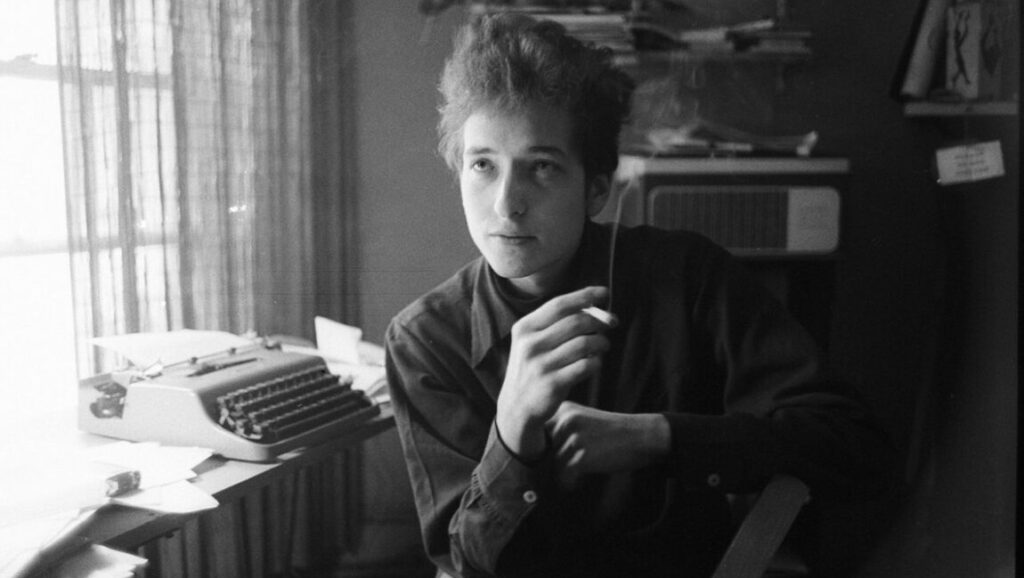If The Freewheelin’ Bob Dylan proved that Bob Dylan could do anything and everything, The Times They Are a-Changin’ proved that he could hone in on doing one thing very well. It’s less about breadth than depth, in other words, with Dylan removing most of the humor, romance, absurdity, and goofy fun and doubling down on protest anthems, story-songs, and topical narratives — the kind of songs that made him a star. This is, perhaps, the album’s blessing and its curse: On the one hand, the overall effect is slighter than that of Freewheelin’, where the many modes and moods created context and made Bob seem superhuman in his songwriting ability. Times, by contrast, is a little less dazzling and frankly a little less fun; it’s no wonder that Dylan felt compelled to call his next album Another Side of Bob Dylan, as if reminding us that there’s more to him than the political stuff. But when we think of Dylan as a protest singer — or even when we think of the Greenwich folk scene as a politically charged, radically outspoken movement — it is, more likely than not, this effort that we’re thinking of, and not without reason.
This is an album in which big ideas — justice, equality, love — play out in the mundane details of everyday people.
As with Bob’s first couple of albums, Times is presented in a solo configuration — just voice, guitar, and harmonica. The first of his albums to feature only originals, it has several songs that easily qualify as classics. The opening title cut is not just one of his best-known compositions, but a kind of unofficial anthem for the Civil Rights movement — sweeping and stirring even today, general enough to be universal but never feeling empty or vague. What’s remarkable about Times, though, is how much ground it covers and how many moods it spans, even with its comparatively narrow focus. The first four songs alone run a broad spectrum. The title track is a fight song; “Ballad of Hollis Brown” is spooky and spare; “With God on Our Side” is weary and ravaged; and “One Too Many Mornings” is one of just a couple of songs here that trade the epic for the intimate — hushed, lovely and sad, winsomely low-key and welcome in its throwback to “Don’t Think Twice, It’s Alright.” The rest further charts these different paths, and though it’s all rendered in stark black and white, red blood courses through these songs’ veins. This is an album in which big ideas — justice, equality, love — play out in the mundane details of everyday people. So perhaps in its own way Times furthers the idea that Dylan can do anything, even if what he wants to do here isn’t as freewheelin’ as it was before. The record is peerless to that effect; one of the great albums about (and catalysts of) social change.
Part of Kicking the Canon – The Album Canon.


Comments are closed.